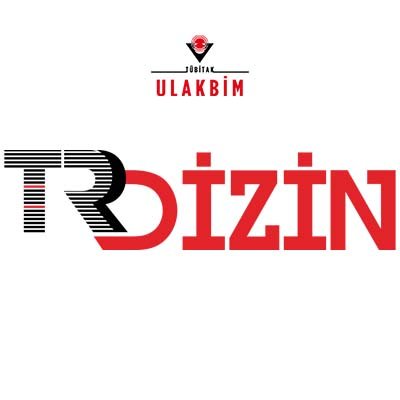This study aimed to investigate attitudes and self-efficacy beliefs of classroom and physical education teachers teaching in public and private primary schools and providing education through games and physical activity lessons. As per the study screening criteria, teachers who were engaged in education and teaching in Istanbul for the academic period 2018–2019 were selected. Game and physical activity lesson attitude scale and teacher self-efficacy belief scale used as data collection tools in the study. In addition, another scale was used to determine the demographic characteristics of the teachers. The research universe, formerly called Game and Physical Activities and now named Physical Education and Game lesson, consists of classroom and physical education teachers in all private and public primary schools of the Ministry of Education in Istanbul. The study sample consisted of private and public primary schools in Bahçelievler, Bakırköy, Bağcılar, Küçükçekmece, and Sultangazi districts in Istanbul. The sample group consisted of 211 teachers, including 106 classroom teachers (50.2% of our sample group) and 105 physical education teachers (49.8% of our sample group) working in these schools. The game and physical activities lesson attitude scale has 19 questions and is a five-point Likert-type scale. The questions cover the cognitive attitude toward the benefits of the lesson, behavioral attitude toward the lesson, and emotional attitude toward the lesson and consist of three different sub-dimensions. The self-efficacy belief scale is a five-point Likert-type scale with 27 questions covering academic self-efficacy, social self-efficacy, intellectual self-efficacy, and vocational self-efficacy and four sub-dimensions. Since the hypothesis about the sub-factors is not specified for either scale, in this study no evaluation was made according to sub-factors. Attitudes toward play and physical activity lessons among physical education teachers with 1–8 years of teaching background, in licensed sportsmen and in school team coaches was found to be high. Self-efficacy beliefs in physical education teachers, private school teachers, and school team coaches was found to be high. There were no differences in the other variables of both scales.
Cite this article as: Yılmaz, N., Akgün, G., Öztürk, M. The Investigation of Game and Physical Activities Lesson Attitude and Teacher Self-Efficacy Beliefs of Class Teachers and Physical Education Teachers. Research in Sports Science 2020, 10(1); 7-14.


.jpg)


.png)


